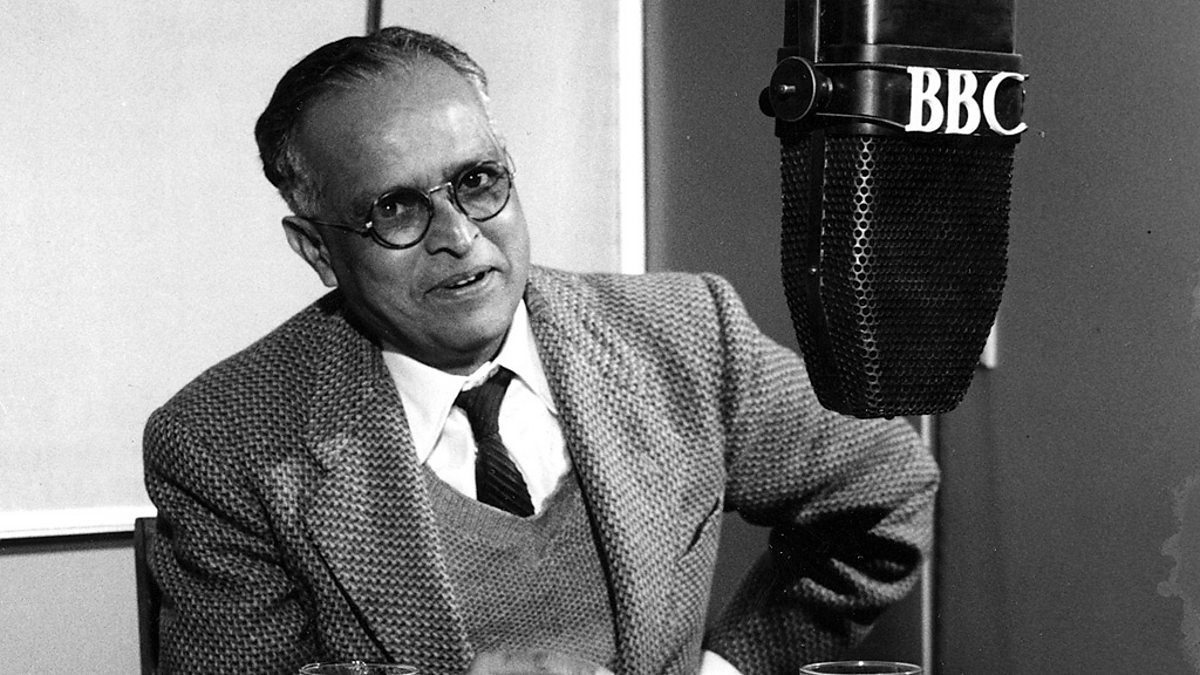The tea planter’s energy and entrepreneurial initiative, when assumed by a “Westernized” Indian, turns into a form of self-delusion in The Vendor of Sweets (1967), where Mali, the son of a Gandhian sweet vendor, travels to America for a course in creative writing Malgudi, like India, reaching out to the modern world and unexpectedly returns with a Korean- American girlfriend, and an outlandish business scheme to manufacture creative writing with a machine. (The point about Mali’s confusion is made, but the machine is not a particularly convincing touch.)
Mali bewilders his father, Jagan, one of many emotionally inadequate fathers in Narayan’s novels. Jagan, in fact, could be an older Sriram. He is full of the pious certainties and hypocrisies of someone who thinks he has done his bit for his society by participating, however briefly and shallowly, in the Freedom Movement. He has been hard on his wife; he cheats his customers and the government, invokes the greatness and permanence of Indian civilization while dismissing the West as morally inferior.
ADVERTISEMENTS:
But his fragile Gandhian self-regard collapses before his much-loved son’s strange new demeanor and actions; and after Mali ends up disastrously in prison as a result of driving drunk around Malgudi, Jagan has no option but a Hindu- style renunciation of the world.
The Vendor of Sweets continues the Gandhian motif of his earlier novel waiting for the Mahatma. Jagan, the sweet vendor, who is out and out a Gandhian, finds his only son, Mali lured away by the West. By the time he came to write this novel Narayan has himself been exposed to American living and also it’s thought processes.
So he makes Mali, the son of the sweet vendor, go to America only to return with a half-American and half- Korean girl (to whom he is not married) and with an out-of-the-world idea for devising a novel-writing machine (the computer revolution was about to commence in the 1960s). All this makes Jagan think of renouncing the world and he takes Mali as the spoilt thread of his life.
The reader is unable to decide whether Narayan is talking of the generation gap or he is dealing with East-West encounter or he is examining the efficacy of Gandhism in modern world. The novel raises all these issues and fails to add up to a coherent fictional statement.
